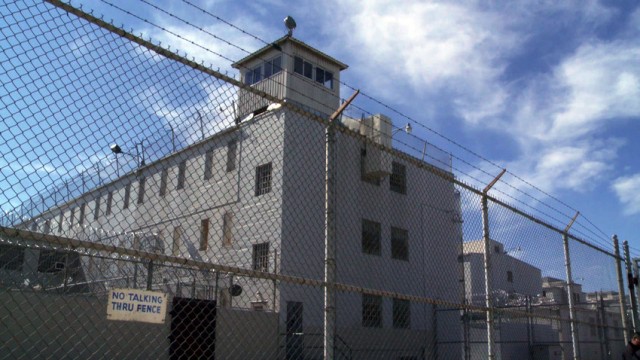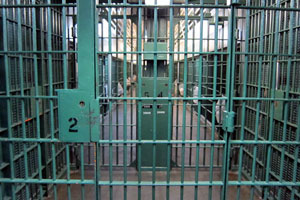Hundreds of criminal defendants declared incompetent to stand trial are sitting in county jails around the state awaiting transfer to state facilities for mental health treatment. By law, these defendants must receive treatment within 35 days. But an ACLU lawsuit filed against the state says many vulnerable inmates languish in jail, sometimes for as long as a year.
“Jail is simply too dangerous a place for these most vulnerable defendants," says Micaela Davis, one of the ACLU’s lead attorneys in this lawsuit.
“Oftentimes these incompetent defendants don't have the ability to follow rules, they get confused,” Davis says. “This can result in them being subject to disciplinary sanctions, or result in them being confined to solitary confinement, which only exacerbates their mental health condition.”
And, Davis says inmates with developmental disabilities can become targets. That's what happened to the son of one plaintiff, Nancy Leiva. Mentally disabled, he was held in Los Angeles County jail for eight months, waiting for a court-ordered transfer to a state facility.

